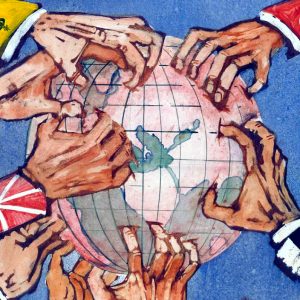
The ideologists of imperialism regard war as an eternal phenomenon necessary for the life of society. And this is clear: the bourgeoisie and its professors consider only themselves to be society, and pass off their robbery interests as the interests of the entire people.
Bolshevism considers war not as an eternal and natural phenomenon in the life of peoples and states, but as a historical phenomenon that came up at an intermediate stage in the material development of society. This means that at the advanced stage of social development, wars will disappear from the life of peoples, that wars are not eternal.
War is an inevitable product of the development of class society. In the era of primitive communism, when there were no classes, private property and the state, wars between tribes did not happen often, because to wage war was to waste resources. Only with the appearance of private property, classes and states war become a profitable and permanent business for the exploiting classes, a means of enhancing their domination over society, a means of takeovering foreign lands and wealth, a means of enslaving other peoples. The rise of private property and the partition of society into irreconcilable classes necessitated the rise of a state, and hence, special squads of armed people existing to serve the economic and political interests of the ruling class. With regular armed squads at their disposal, the ruling classes are able to constantly wage wars.
Continue reading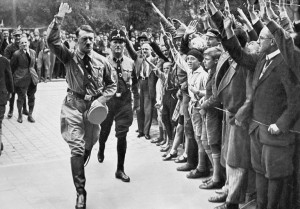 Today’s fascists borrow tricks from the old, German, fascists. Even some of their actions are the same, if not in minor details, but in general. Is it a mechanical parallel, a repetition of history?
Today’s fascists borrow tricks from the old, German, fascists. Even some of their actions are the same, if not in minor details, but in general. Is it a mechanical parallel, a repetition of history?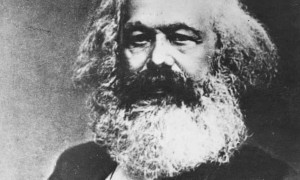 (This educational material has been prepared as part of the course
(This educational material has been prepared as part of the course 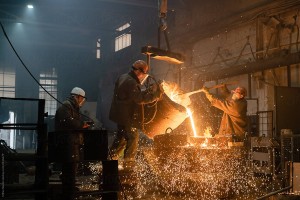 This educational material has been prepared as part of the course
This educational material has been prepared as part of the course 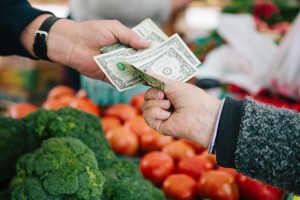 (This educational material has been prepared as part of the course
(This educational material has been prepared as part of the course 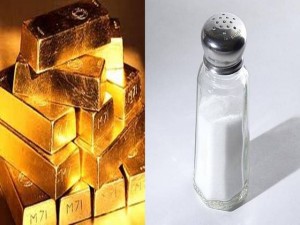
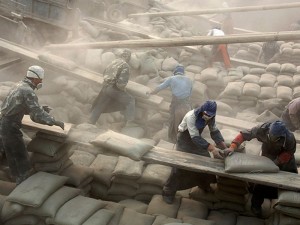 (This educational material has been prepared as part of the course
(This educational material has been prepared as part of the course 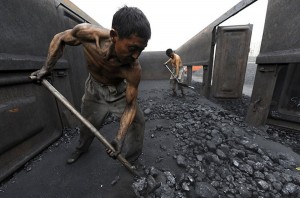 (This educational material has been prepared as part of the course
(This educational material has been prepared as part of the course  (The followng material has been prepared as part of the series
(The followng material has been prepared as part of the series